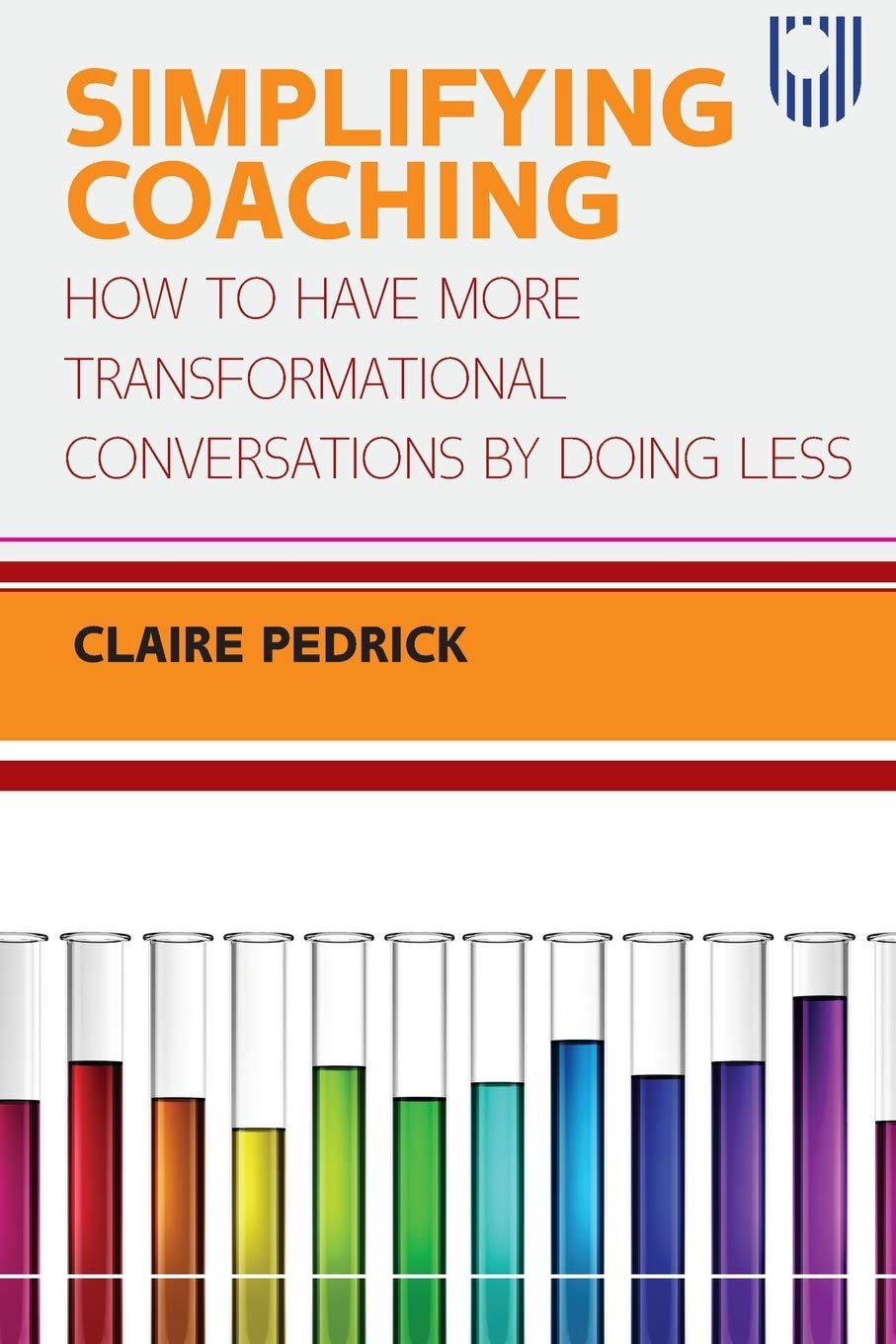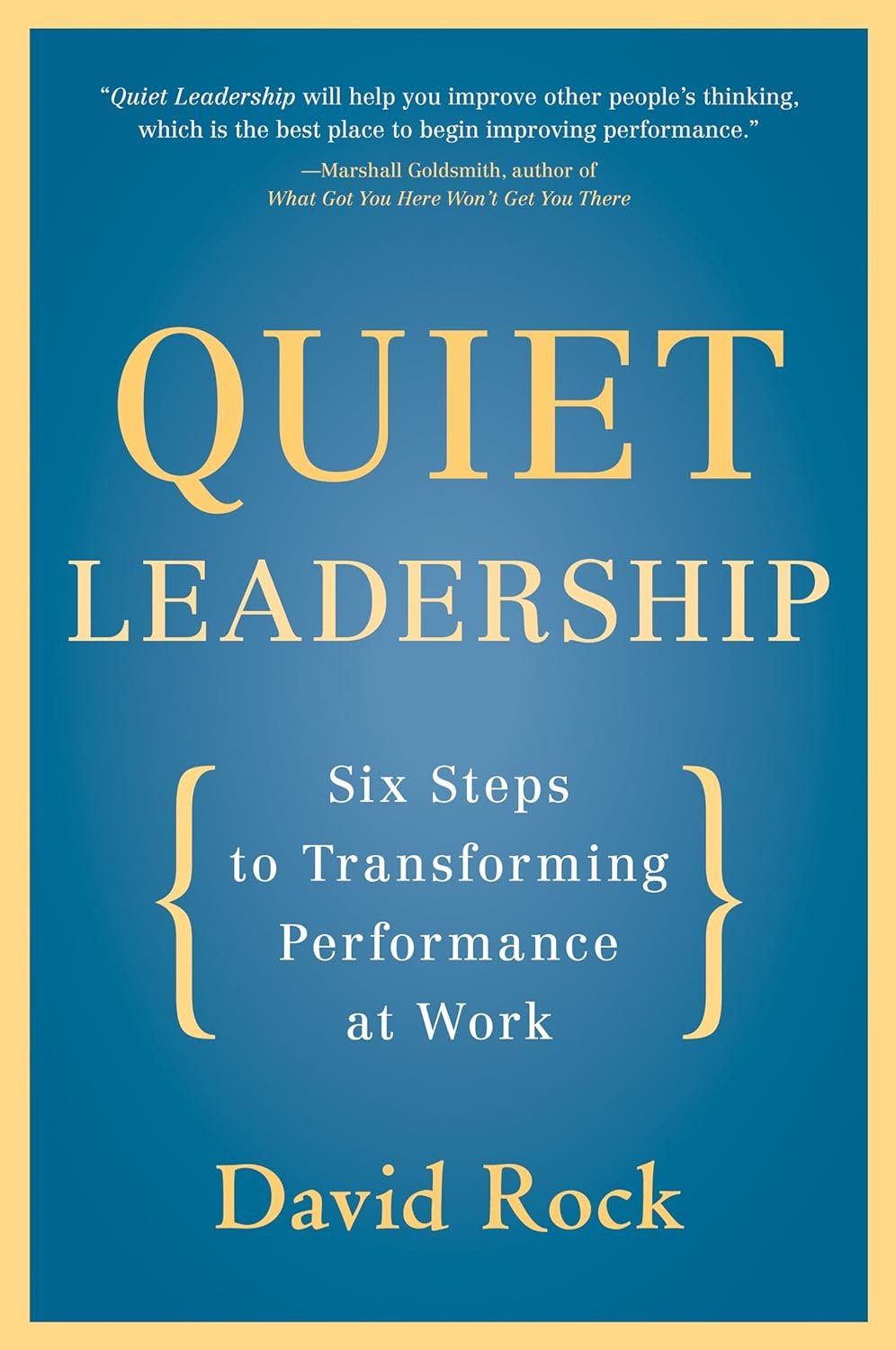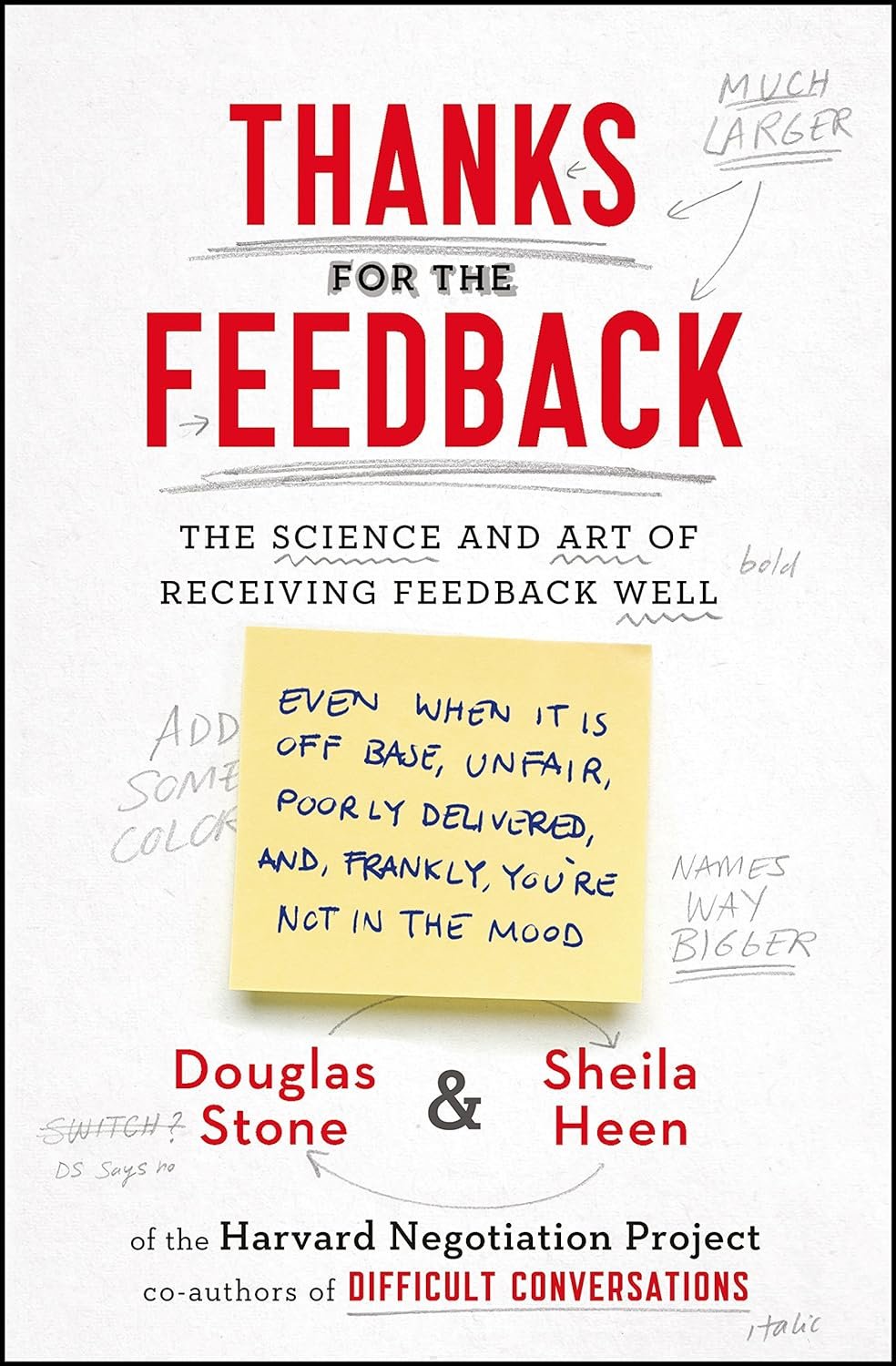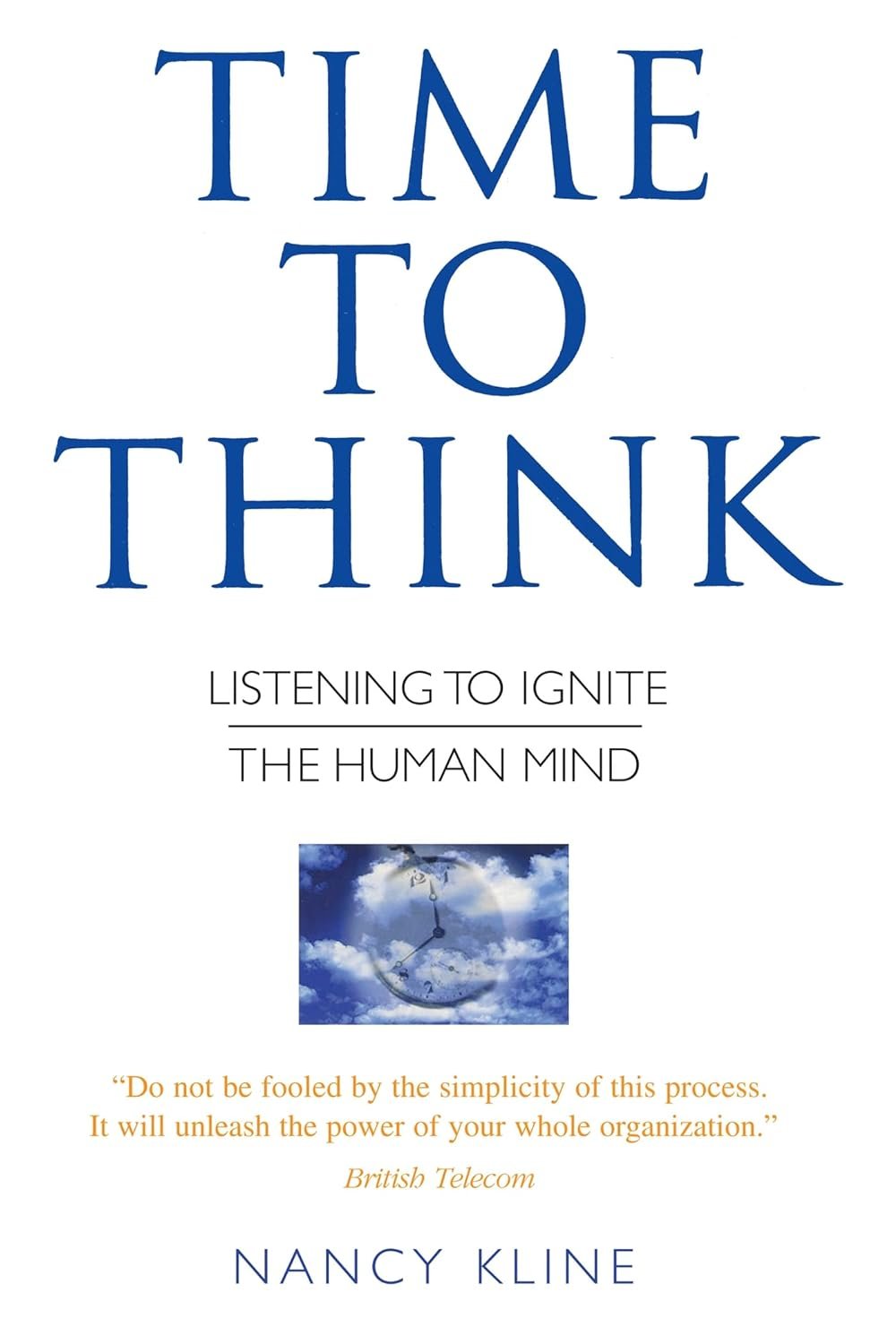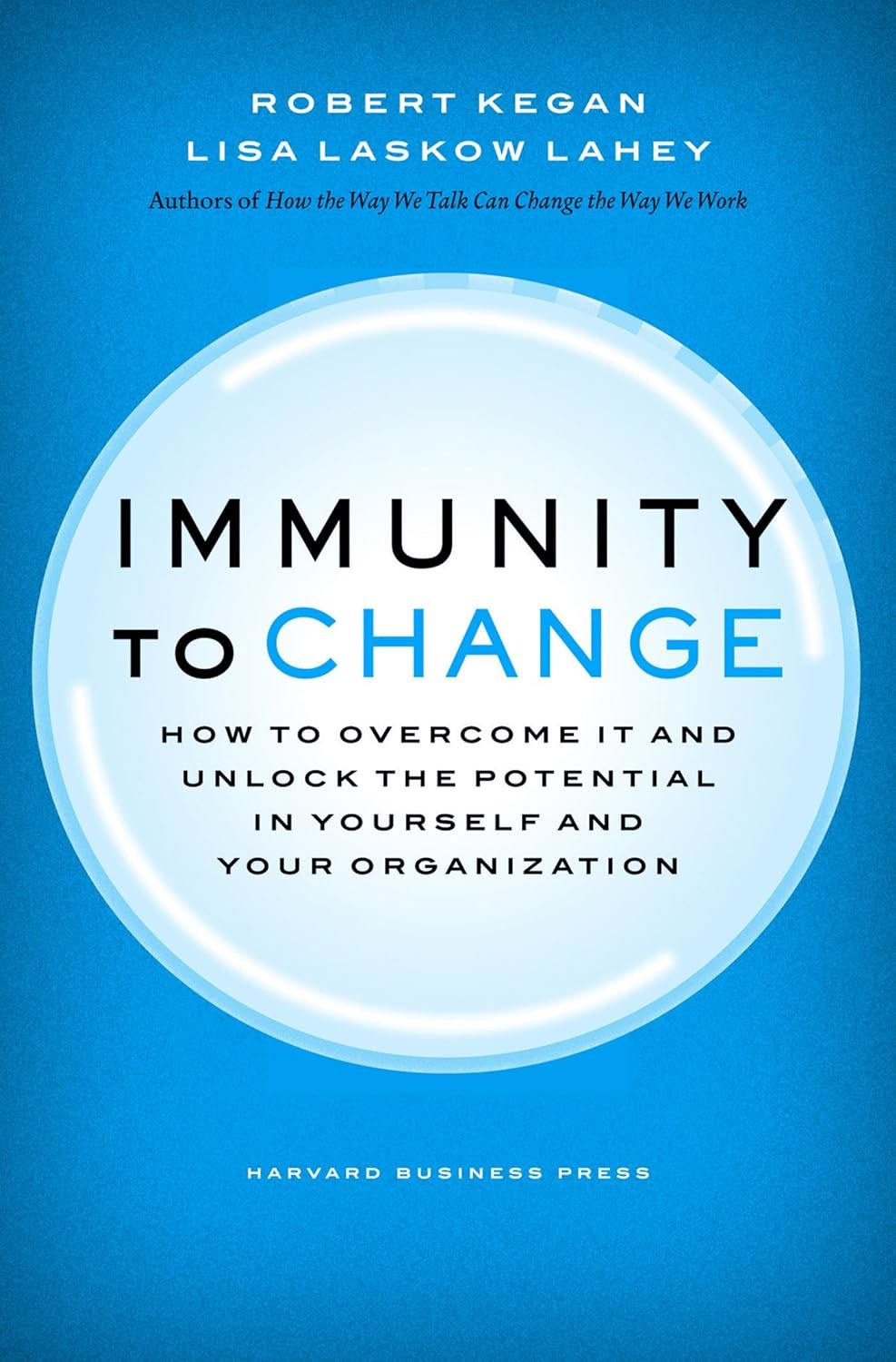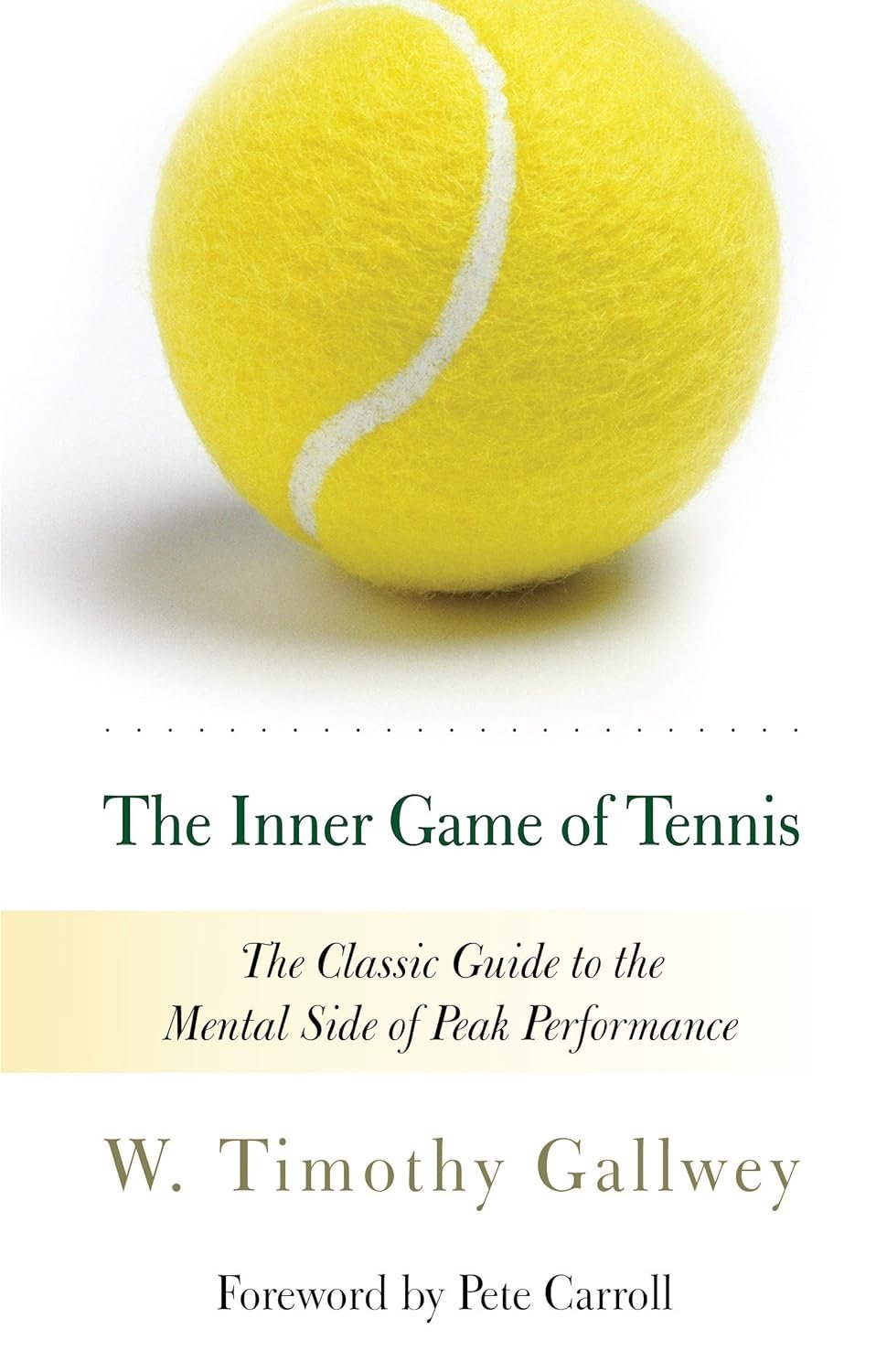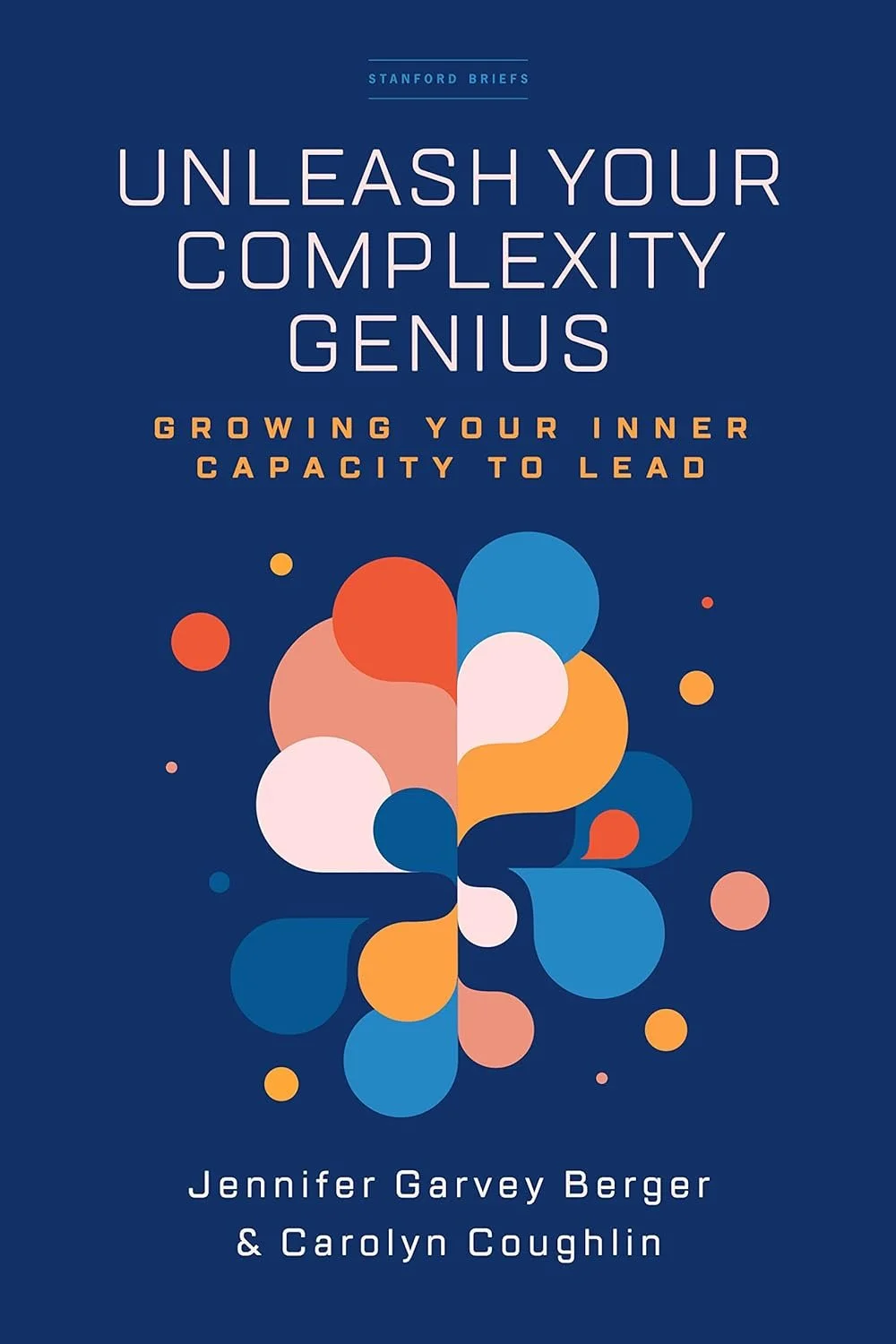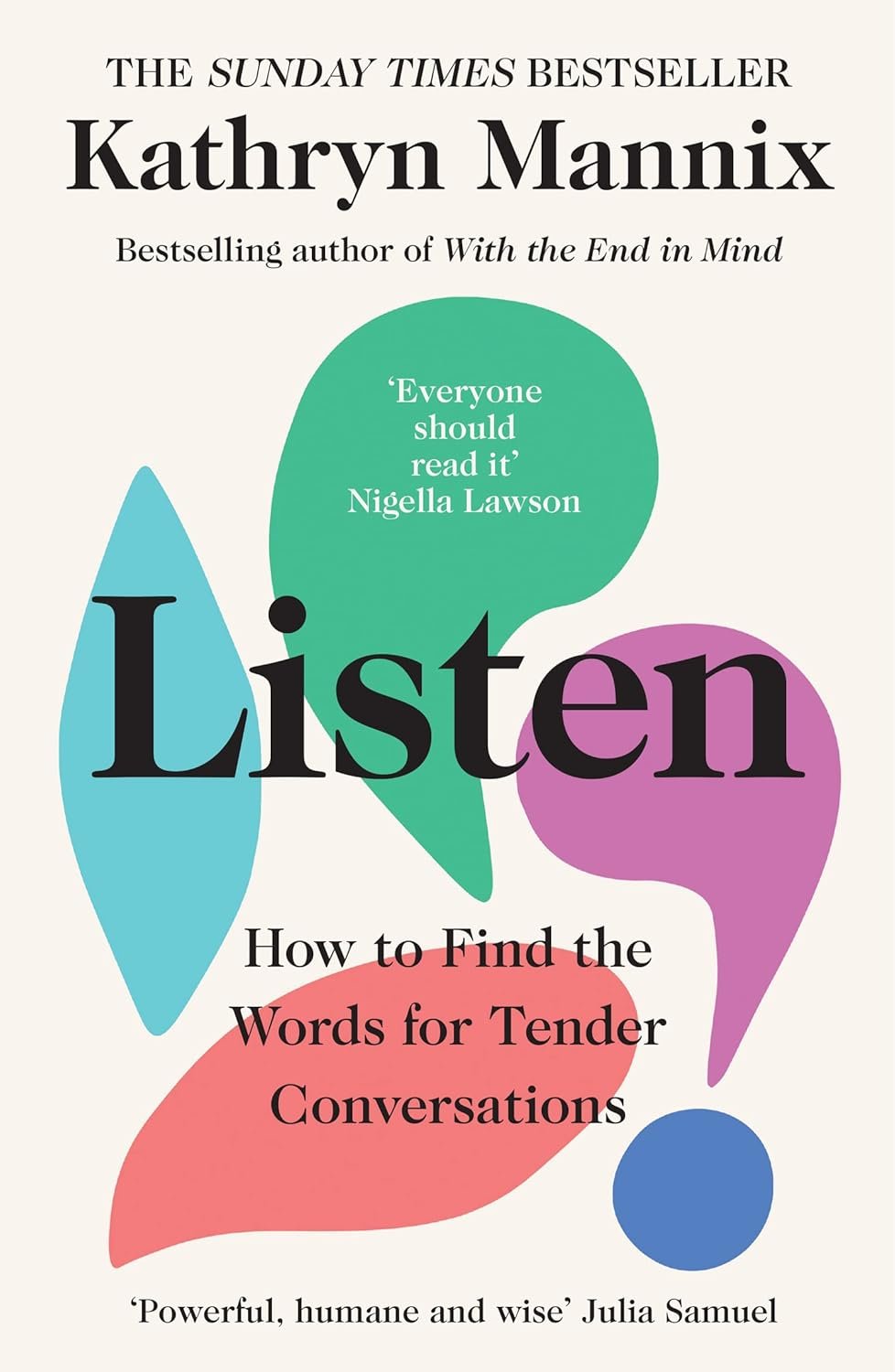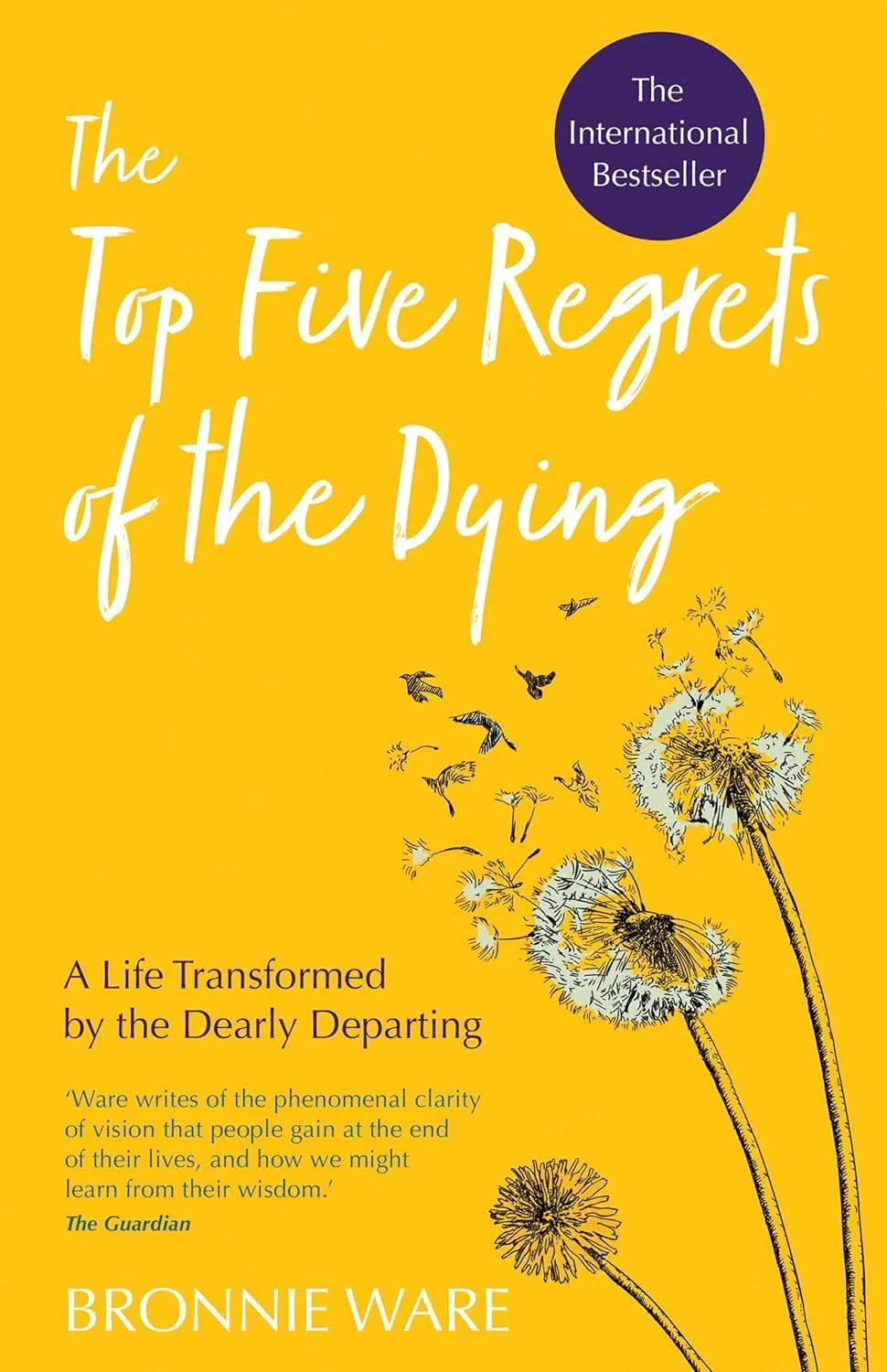There are good number of coaching books out there. If you are interested in incorporating more coaching skills into you relationships I have put together this reading list to start you off.
The Coaching Habit
Michael Bungay Stanier
The book that I recommend most to coaching clients. Probably one of the most actionable coaching books I have read. On top of that, Michael is a fantastic writer and Co-Active trained coach, which shines through in this book. I can recommend all of his books.
Simplifying Coaching
Claire Pedrick
“Coaching is different from other conversations, and it is useful to make that difference clear by the way in which we ask questions. Coaching questions need to enable the thinker to think. They are not about what you think you need to know, or indeed want to know.”
Although this book is aimed towards coaches I it is valuable for all. Coaching is a useful process– whether they are brand new or executive coaches, whether they are having a quick conversation in the corridor or with someone who is paying. My hope is that coaching skills can make leaders be more confident, empowered and brave so that we can develop people who are confident, empowered and brave.
Humble Inquiry
Edgar H. Schein
A book outlines how curiosity, humility and well-crafted questions can be used to build trusting relationships. His ideas blend very well with the “levels of listening” and the focus on powerful questions that are core components of my Co-Active coaching training.
Quiet Leadership
David Rock
The first step to being a Quiet Leader is to think about people’s thinking. In other words, to become passionate about improving not what people are thinking about, but the way they think.
How do we manage people and teams when thinking is the dominant activity that creates value? David Rock answers this question through the lens of neuroscience and looks at how managers can improve thinking and develop new habits and by understanding how the brain works. This book blends well with Time to Think and Simplifying Coaching - where both authors believe in the value of of improved thinking to deliver better results.
Focus on thinking first, and everything else will follow.
Thanks for the Feedback
Douglas Stone, Sheila Heen
Feedback is hard.
When we give feedback, we notice that the receiver isn’t good at receiving it. When we receive feedback, we notice that the giver isn’t good at giving it. This book explains the different types of feedback, when to use (or ask for) and the trigger that block good feedback.
Time to Think
Nancy Kline
“Attention, the act of listening with palatable respect and fascination, is the key to a Thinking Environment. Listening of this calibre is enzymatic. When you are listening to someone, much of the quality of what you are hearing is your effect on them.”
The premise of Nancy Kline's book “Time to Think” is that everything we do depends on the thinking we do first. The quality of actions depends first on the quality of the thinking behind them.
“What do you really think” is often an unsettling question to many. It doesn’t need to be that way.
Immunity to Change
Robert Keegan, Lisa Laskow Lahey
Many individuals and teams make a solid commitment to change. Despite this, there is always something that stands in the way. The book lays out a map to visualise what is preventing this change.
The mapping process demonstrates that even when we have a sincere commitment to move in a new direction, we simultaneously and unconsciously hold competing commitments and assumptions that lead us to act inconsistently. These two forces contradict one another with the net effect of no change.
The Inner Game of Tennis
Timothy Gallwey
I am not a tennis player, but this book uses tennis (or any other sport) to explain the tension between your conscious and unconscious minds. This tension often creates a conflict where the conscious mind judges the unconscious mind leading to poor performance. Coaches (and leaders) need to teach players how to let each self do its thing, without interference from the other.
Unleash Your Complexity Genius: Growing Your Inner Capacity to Lead
Jennifer Garvey Birger
When the fog of complexity is so thick that we lose our way, when we lose even our own best versions of ourselves, these ideas are a lifeline to bring us back to our natural giftedness, back to the fullness of our ability to thrive in this world.
This book gives practical advice to cope with complexity. It acknowledges the balance between the emotional and rational sides and why we must bring our full-self to any aspect of our life. The “don’t be emotional, this is work” proves to be a threat to our mental well-being and kills innovation in a company. In the book, the authors explore how to listen to our bodies in the face of complexity in an accessible way.
Listen: A powerful new book about life, death, relationships, mental health and how to talk about what matters
Kathryn Mannix
There is no right way to hold a conversation about matters that are serious, or sorrowful, or embarrassing, but there are some wrong ways. ‘Getting it wrong’ is often not about the words themselves, but the dance: insisting on instead of inviting a discussion; speaking lots and listening little if at all; raised voices and too little silence; speaking without consent, or at the wrong time, or to ‘get it over with’ rather than to explore.
Drawing on her wide experience as a consultant specialising in palliative care, Mannix examines why we may shy away from broaching certain topics with our loved ones, what tools we can use to make those conversations easier to have, and the stumbling blocks we all may encounter along the way.
Improv Your Life
Pippa Evans
Pippa Evans is a comedian, songwriter and improviser. She's a master of thinking on her feet, but has also had to learn how to go with the flow.
In this books she tells her story, exploring the craft of improvisation, and sharing exercises and practice along the way. Improvisation will help you become fully yourself - realising your potential and ability to adapt to the environment. These are all valuable skills for any leader. Fun read.
The Top Five Regrets of the Dying
Bonnie Ware
Happiness is a choice, and we must actively and consciously choose it every day.
This may be an outsider on this list, but I found the concepts in this book valuable for honest discussions with most anyone - even in the work place. The author, Bronnie Ware, an Australian nurse who worked in palliative care, caring for patients in the last weeks of their lives. In her book, she shares the insights and wisdom she gained from her patients, revealing the most common regrets that people have when they are faced with their own mortality.



